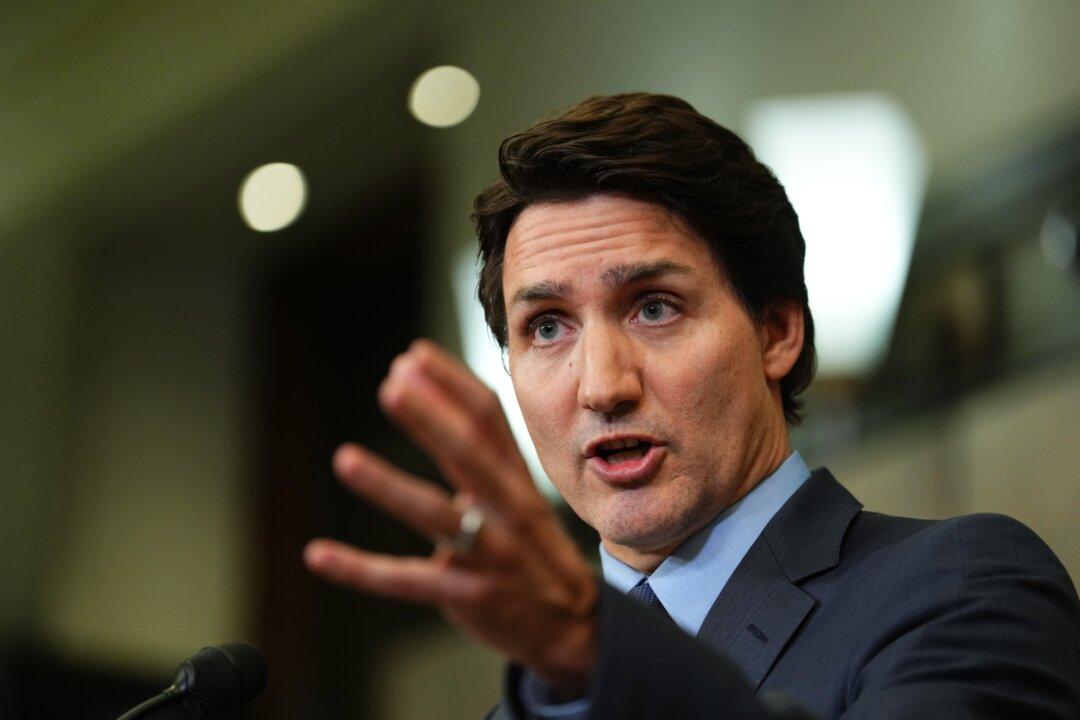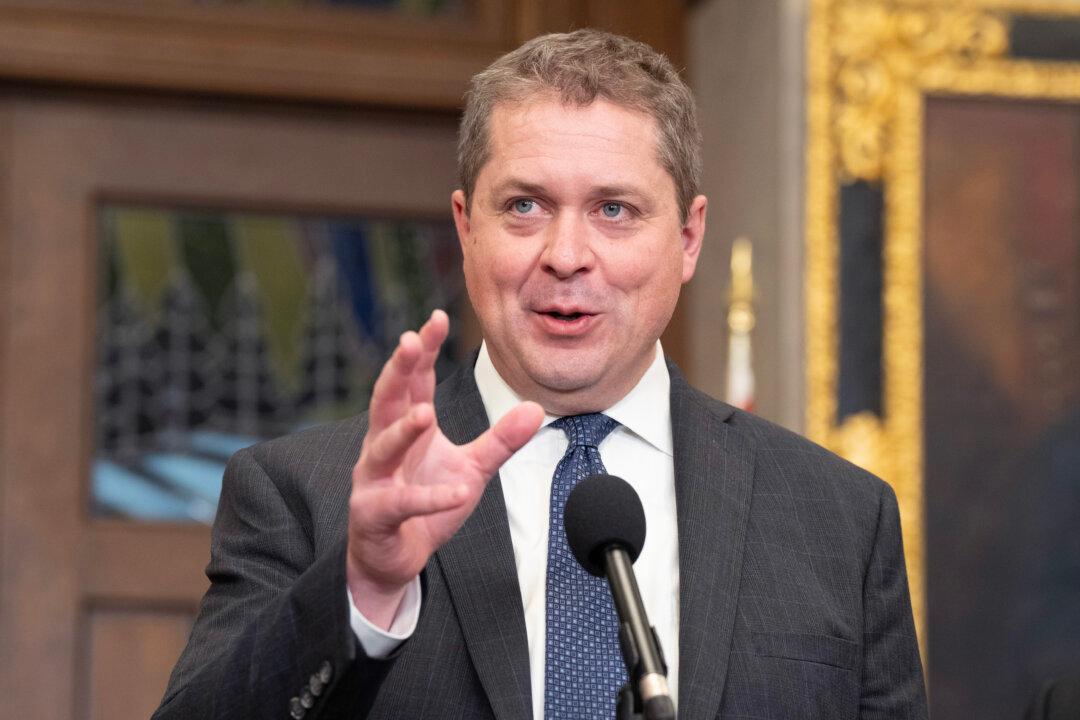Prime Minister Justin Trudeau said Friday he stands with special rapporteur David Johnston, who will continue to carry out his mandate investigating foreign interference despite the passage of a House of Commons motion calling for his removal.
“He will continue his work in sharing with Canadians the concerns and the solutions around foreign interference. And I look forward to him holding public hearings across the country over the coming months to include Canadians in this important conversation, in a way that is grounded in facts,” Trudeau told reporters during a joint press conference with Polish Prime Minister Mateusz Morawieck.





